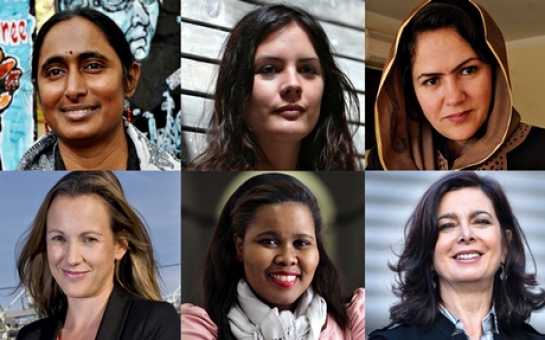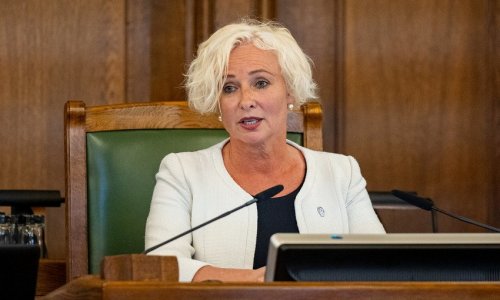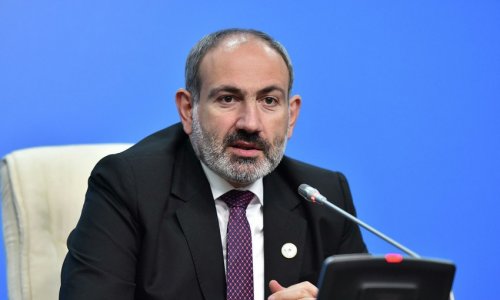Follow us !
Who would be a woman in politics?
Political News
18:15 | 10.02.2014

Who would be a woman in politics?
Rape threats, patronising comments, dirty tricks… Gaby Hinsliff introduces the Observer's series on the experiences of female politicians around the worldPioneers may be picturesque figures, but they are often rather lonely ones. Or so said Nancy Astor, who certainly should have known: as the first female MP to take a seat in the House of Commons, Samantha Cameron's step great-grandmother surely expected to meet her share of resistance. But one wonders how surprised she might have been to discover that 95 years later, despite having achieved critical mass in parliament, women in Westminster are still fighting on so many fronts to be treated as equals.It's been a rotten start to the year for Britain's female MPs. Hot on the heels of the Liberal Democrats' "woman problem" – otherwise known as Lord Rennard, the party's allegedly over-tactile former chief executive, and his refusal to apologise for things he insists he never did – comes the deselection of the Conservative MP Anne McIntosh amid allegations of sexist dirty tricks. (The tensions in her Thirsk and Malton seat are echoed in other constituencies, but when a 59-year-old veteran politician is dismissed as a "silly girl" by elements within her own local party, arguably Conservative modernisation has some way to go.)And while Ed Miliband – who last week taunted David Cameron over his all-male front bench – can pride himself on having more women in his top team than any other leader, his party is not without its gropers and its bullies and its unreconstructed chauvinists, all nursing their bitter little knots of resentment.But if they're not unique to any one party, are the obstacles faced by female politicians unique to British political culture? Or do women around the world experience something similar when they break into male-dominated elites, and might they have useful insights to offer? The Observer's New Review set out to talk to women politicians worldwide about their experiences in power, with thought-provoking results.Compared to some, British MPs arguably have it easy. They don't fear for their lives on a daily basis, unlike Afghanistan's Fawzia Koofi, whose very existence in public life mortally offends the Taliban. And if Theresa May ever gets annoyed by the obsession with her shoes, at least she's never been asked, as South Africa's Lindiwe Mazibuko once was, to "explain to this house what she has done to her hair". Sexism hasn't been wholly driven out of British politics but it has been driven deeper underground.Yet common threads emerge from the interviews, too. Around the globe, female politicians struggle with preconceived ideas of how women should speak and behave; they struggle, too, to reconcile motherhood with long, unpredictable hours and a career that rarely allows for maternity leave. New mother and equalities minister Jo Swinson, who recently questioned why breastfeeding MPs couldn't take their babies through the Commons voting lobbies, might like to know she's not alone on this one.Depressingly often, too, female politicians report ugly and highly sexualised abuse from men who seek to intimidate them out of power. The hate mail received by Italy's Laura Boldrini, including photos of her face superimposed on to the body of a woman being raped, finds an echo here in rape threats made against Labour's Stella Creasy on Twitter or pornographic images sent to the ex-Tory MP Louise Mensch – as if reducing a woman to her body parts can somehow neuter the intellectual threat she poses.But what also unites these women is a certain dogged conviction that things are creeping in the right direction.They don't have all the answers: although quotas have helped transform parliamentary systems from Germany to Afghanistan, entrenched attitudes don't change overnight. But they can at least console themselves with the thought that while pioneers often have it tough, in the words of the recently ousted Australian prime minister Julia Gillard: "It will be easier for the next woman and I'm proud of that." Pace Nancy Astor, women in power may not be lonely for ever.(theguardian.com)ANN.Az










